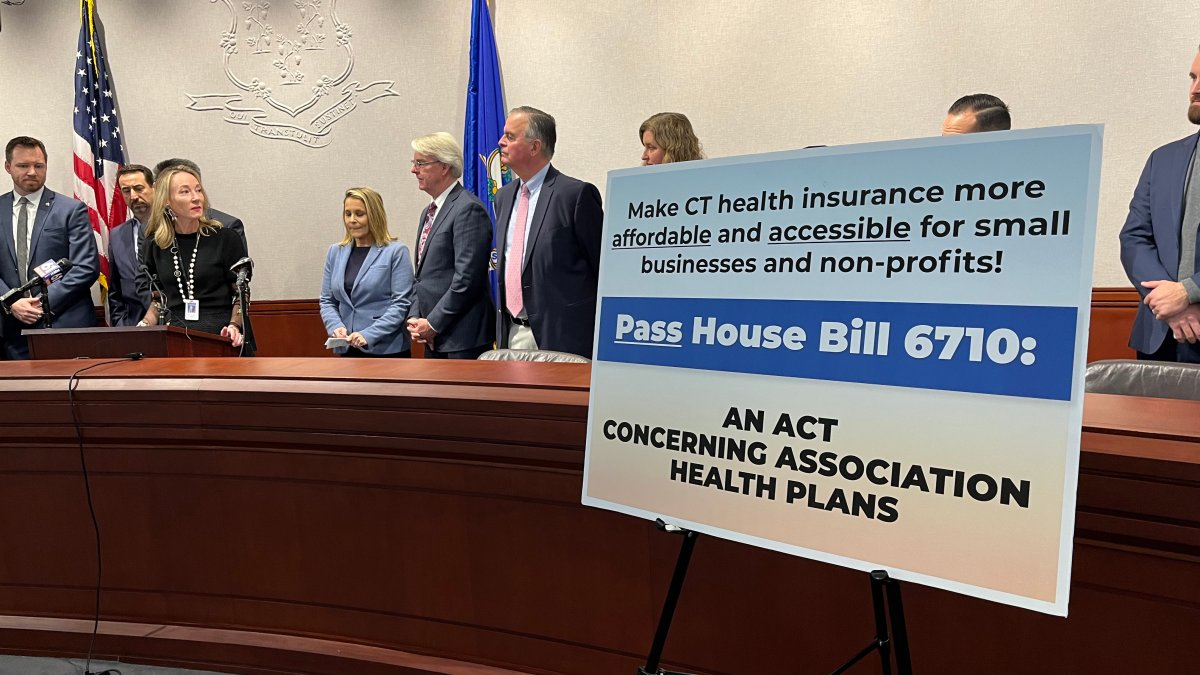12 Types Of Insurance Many Individuals And Businesses Don’t Have (But Should)

All of us are familiar with the adage, “Expect the unexpected.” When a crisis occurs—whether in personal life or a business—it can have devastating financial consequences for everyone affected. Having secure savings can help, but for both individuals and business owners, it’s also important to have thorough insurance coverage.
In many situations—from a company or family dealing with a member’s sudden illness to a business hit with a cyberattack—having the relevant insurance in place can smooth the road to recovery and stave off serious financial hardship. Below, 12 members of Forbes Finance Council discuss some often-overlooked insurance policies that can help protect your business and your personal finances in times of crisis.
Members pictured from left to right.
Photos courtesy of the individual members.
1. Employment Practices Liability Insurance
Employment practices liability insurance is an underrated defensive tool in your arsenal. EPLI protects your business against employee claims such as discrimination, sexual harassment and wrongful termination. Most commercial liability policies exclude EPLI claims. Employee lawsuits are ever-increasing, and you need not be at fault to incur financial consequences. – David Kelley, Mailprotector
2. Credit Insurance
Credit insurance is invaluable. Often, banks will increase their advance rates on the borrowing base for credit insurance-backed customer receivables. And should receivables fall through, credit insurance covers your exposure (subject to policy limits). Credit insurance is invaluable for providing both advance access to capital today and, on rainy days, funding cash for would-be bad receivables. – Matthew Goldston, PKF Texas
Forbes Finance Council is an invitation-only organization for executives in successful accounting, financial planning and wealth management firms. Do I qualify?
3. Ancillary Health Insurance
It is not uncommon for individuals and families to have health insurance deductibles and out-of-pocket costs topping $5,000. Ancillary health coverage for events such as critical illness, hospital stays and accidents can provide a lump sum payment should a catastrophic event occur, helping to alleviate high upfront costs and providing protection and peace of mind when selecting a high-deductible health plan. – Mehb Khoja, BCS Financial
4. Long-Term Care Insurance
Wealth managers need to help clients prepare for all future risks. We are all living longer. Healthcare costs are rising exponentially. Long-term care can wipe out even a well-thought-out financial plan. To protect clients’ assets, I have my clients speak with an LTC specialist to evaluate options and see what makes the most sense. Some life insurance can also be used for LTC. – Aviva Pinto, Wealthspire Advisors
5. Personal Umbrella Insurance
For individuals, personal umbrella insurance is extra insurance that provides protection beyond the existing limits and coverages of other policies. Umbrella insurance extends beyond your home and auto insurance in case you’re found liable for more than your other insurance policies cover. An umbrella policy gives the flexibility to select a million-dollar-plus liability limit that protects your assets. – David Samuels, DrFirst, Inc.
6. Business Owner’s Policies
Business owner’s policies are critical for business owners, as they combine three essential coverages: general liability, commercial property and business income. While every business is different and may have unique risk centers that require coverage, BOPs are a great base starting point for businesses to protect them against most general claims. – Sean Frank, Cloud Equity Group
7. Cyber Insurance
Cyber insurance is frequently overlooked. As our lives move increasingly online, we become more vulnerable to cyberattacks. Cyber insurance can help to offset the costs of a data breach, including investigation, notification and credit monitoring services. It can also cover the costs of lawsuits and cyber extortion. Cyber insurance protects businesses and individuals against cybercrime. – Angelo Ciaramello, The Funded Trader
8. Key Person Insurance
Small businesses often have several key people who are the pulse of the business. This could be the founder, C-suite personnel or even R&D personnel. Key person insurance steps in to cover losses to the business in the event of a death. This insurance provides leadership with time to recover from the loss. When determining policy value, remember to consider the cost to recruit and revenue loss. – Cynthia Hemingway, Fourlane, Inc.
9. Disability Insurance
Disability insurance is important for business owners. You never know when an illness can remove you from your business and stop you from producing income. Knowing you have a disability policy to subsidize your income while you are ill will give you the time to get well and perhaps prevent you from making financial decisions that may adversely affect your business. – Karla Dennis, Karla Dennis and Associates Inc.
10. Directors And Officers Liability Insurance
Directors and officers liability insurance is important to have for founders who also serve on the board of their company. D&O insurance is designed to protect people who serve as directors or officers of a company from personal losses if they are sued by the organization’s employees, vendors, customers, investors or other parties. – Ben Jen, Ben Jen Holdings SLLC
11. Life Insurance
Life insurance is one of the most common ways to protect your family’s finances. When used properly, it’s a great tool to mitigate risks and provide financial protection. In case of premature death, your family has time to process the loss of a loved one instead of being forced to spend their life savings and sell assets (even homes) to cover basic costs such as burial and taxes. – Letitia Berbaum, The Zandbergen Group
12. Business Continuation Insurance
Business continuation insurance protects the financial interests of a business if a leader dies or becomes unable to work. Most small-business owners are not aware of this, in my experience. It’s definitely worth considering, especially for those with small children. Solo entrepreneurs should carefully examine the terms of these policies, because they do vary. – Todd Sixt, Strait & Sound Wealth Management LLC






:quality(70)/d1hfln2sfez66z.cloudfront.net/02-02-2023/t_832fc9813d3741189856dfd7da126358_name_Car_Insurance_Increase_transfer_frame_627.jpeg)
